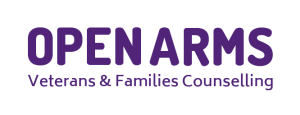COVID19 – calming and coping
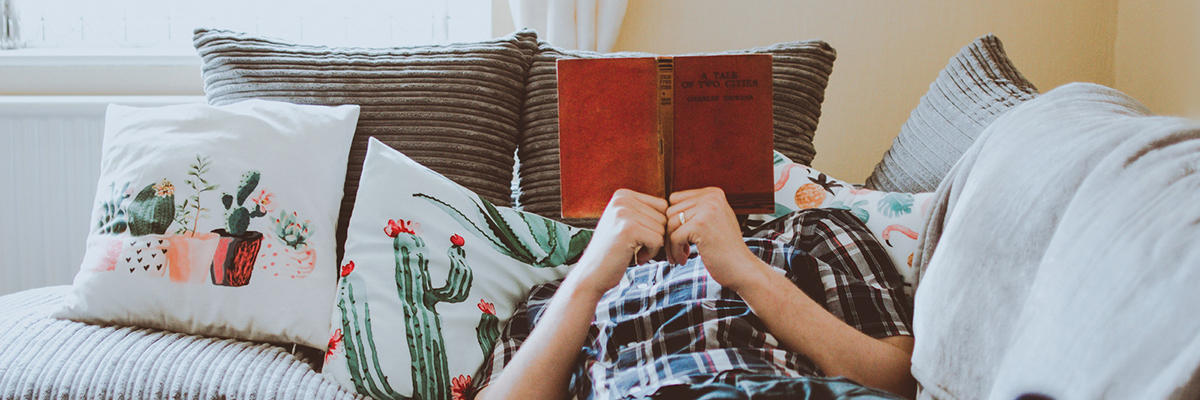
Across Australia people are feeling anxious - which is a completely normal reaction to the uncertainty we are facing around the impacts of COVID19. Importantly, as long as this anxiety does not become overwhelming, it can be channelled into positive actions to help us cope and maintain our wellbeing.
Key at this time is looking after ourselves and those around us. It is especially important that we are checking in with people who have an existing mental health issue. If anxiety becomes overwhelming it can lead to feelings of hopelessness and depression. Thankfully, there are actions we can all take to strengthen personal wellbeing and assist others.
Remember these are not new skills for veterans and their families. Service members and families face change and challenges throughout their service career. This is about refocusing coping strategies to face a new challenge.
Coping with uncertainty
There are strategies we can all use to strengthen our resilience and maintain our mental health, including:
Get the facts
- Get your information from reliable sources
- Balance your exposure to media
- Constant exposure to stories about the virus feeds anxiety and feelings of lack of control. It is important to stay informed but this needs to be balanced.
Stay connected
- The need to practise social distancing or social isolation does not mean we cannot strengthen our connections to our support network.
- Set up a regular time to virtually connect with family and friends.
- Write a letter, email or share photos.
- Identify individuals to support you.
- If you are feeling anxious and need to talk - call the 24/7 Open Arms support line on 1800 011 046. There will always be someone to talk to.
Maintain your wellbeing
- Protect yourself by washing your hands and practising social distancing.
- Set goals to achieve something meaningful each day and it is OK to do activities you enjoy:
- Call or facetime a friend to provide emotional support.
- Work on those goals you never have time for – sorting photos, read a book, learn something new.
- Exercise is a quick and effective way to distract yourself from negative thoughts and manage emotions like anxiety or depression.
- Go for a walk, run or join a virtual yoga class. Be prepared and make a plan. See: Physical activities
- Calming your emotions through relaxation activities enable us to think more clearly and work through challenges.
- The Open Arms High Res website has a number of relaxation tools including: controlled breathing, grounding and muscle relaxation.
Practice kindness and gratitude
- Take the time to thank people who are keeping our essential services operating including in our supermarkets, our health staff, and our ex-service community which is continuing to work to support our veterans and their families.
- Share resources.
- Do not refer to people as ‘COVID-19 cases’. They are ‘people who have COVID-19’.
- Take time to read the stories of people assisting each other, promoting hope or assisting others to cope.
If you are struggling to use these strategies it can help to talk to someone. You can call Open Arms 24/7 on 1800 011 046. We're happy to have a chat about the different hints and ideas that might work for you.
Helpful resources
Wellbeing advice
Tips from www.phoenixaustralia.org for self and family care
The Conversation - Staying connected
ABC - How to look after your mental health when working from home
ABC - Online support during the coronavirus
The Guardian - Social media games entertaining the masses
Australian Psychological Society - Maintaining your mental health during social isolation
National information about Coronavirus
Coronavirus Health Information Line, available 24/7 on 1800 020 080.
Australian Government Department of Health's website at health.gov.au
State and Territory information about Coronavirus
See also
-
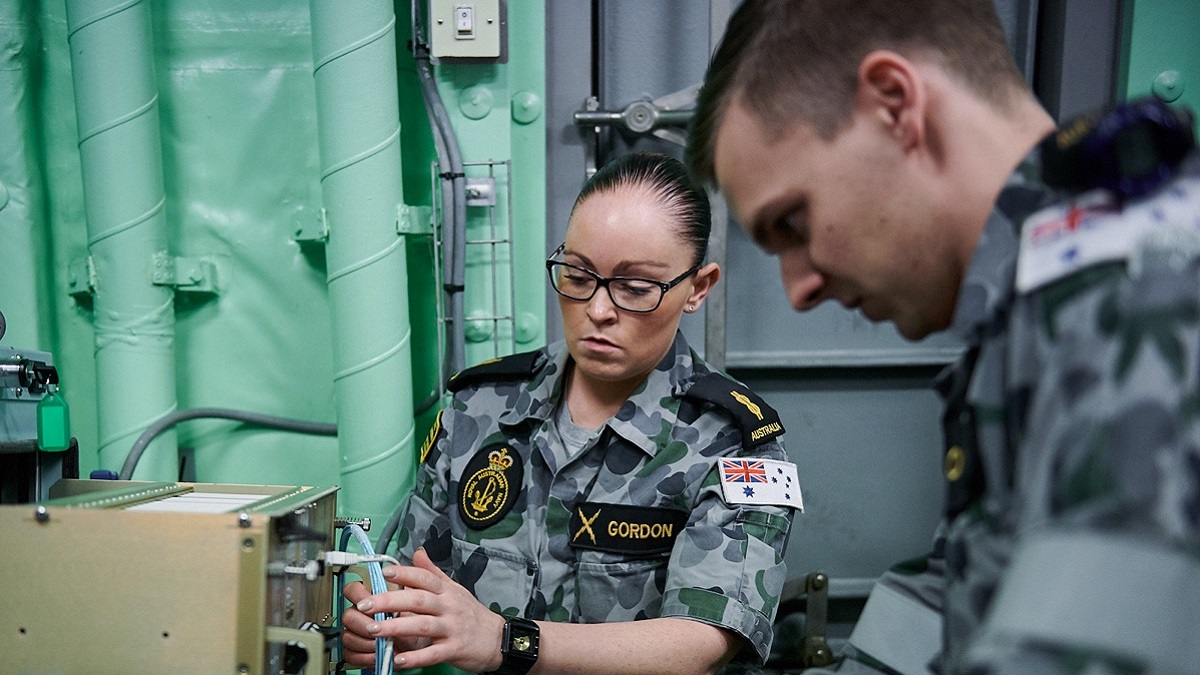
COVID19 – adjusting and adapting
COVID-19 has changed our lives in ways we could never have imagined at the start of this year. Adapting to new environments, however, is nothing new for military personnel and families. -
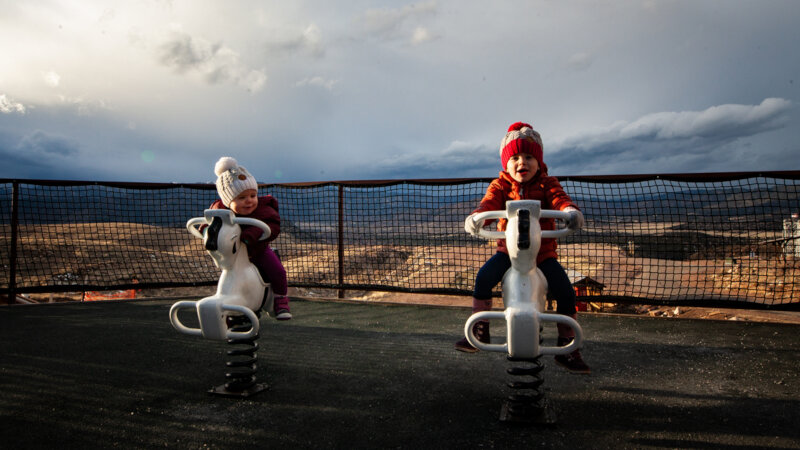
Talking to children about COVID-19
It's natural to try and protect children from any stress or anxiety they may experience due to the COVID-19 pandemic. However, this doesn’t mean we should avoid talking to them about how they may be feeling at this time. -
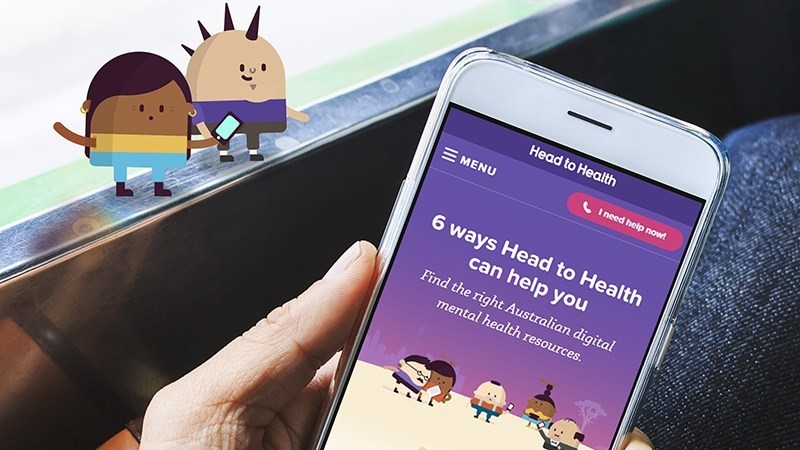 Self-help resourcesHead to health COVID-19 support
Self-help resourcesHead to health COVID-19 supportHead to Health is committed to providing Australians with trusted information and digital supports to help support everyone's mental health and wellbeing during this pandemic.
See: Head to health
